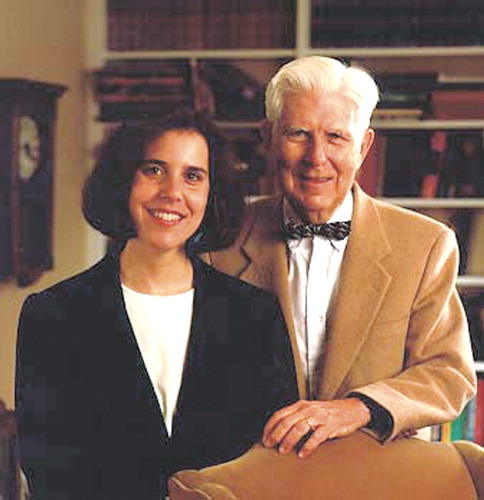How Many Psychiatrists Use CBT?
When it comes to getting a firm handle on the number of American psychiatrists using cognitive-behavioral therapy (CBT), the numbers are fairly elusive.
Probably the best figures come from a study conducted by Josh Wilk, Ph.D., director of workforce studies and a research scientist with APA's Practice Research Network, and in press with Psychiatric Services.
The results suggest that more than 50 percent of psychiatrists used CBT techniques at least some of the time during the month preceding the study.“ However, the data are self-report with no validation of the types of therapy reported,” Joyce West, Ph.D., director of APA's Psychiatric Research Network, told Psychiatric News. Also, the data were collected six years ago.
One might assume, however, that regardless of how many psychiatrists were using CBT in 1999, more are using it today. The reason is because since 2001 psychiatry residents have been required to show competency in CBT along with four other psychotherapies. “Residency programs are working hard to develop credible CBT training programs,” Donna Sudak, M.D., director of psychotherapy training at Friends' Hospital in Philadelphia and a member of the APA Committee on Psychotherapy by Psychiatrists, said in an interview.
In fact, as Judith Beck, Ph.D., director of the Beck Institute for Cognitive Therapy and Research in Philadelphia, told Psychiatric News, “One of the things we do at the Beck Institute is help residency training programs develop much stronger programs in CBT.”
“But keep in mind that there are a lot of residency programs in smaller towns, college towns, where they can't get people to teach CBT to their residents,” Bernard Beitman, M.D., chair of psychiatry at the University of Missouri and a member of the APA Committee on Psychotherapy by Psychiatrists, pointed out.
Beitman also stressed that “most therapists don't rigorously follow any particular school. They adapt to the needs of the patient using what they know and from their experience, both personal and professional.”
Nonetheless, “as psychiatry goes more and more toward a medication-management type practice, especially in private practice, you are going to see psychiatrists use CBT even in those brief appointments,” Angela Harper, M.D., a psychiatrist in private practice in Columbia, S.C., predicted. The reason, she explained, is because “even if you are doing a 15-minute medicine check, you can still employ some of the CBT techniques with medicine management.”




